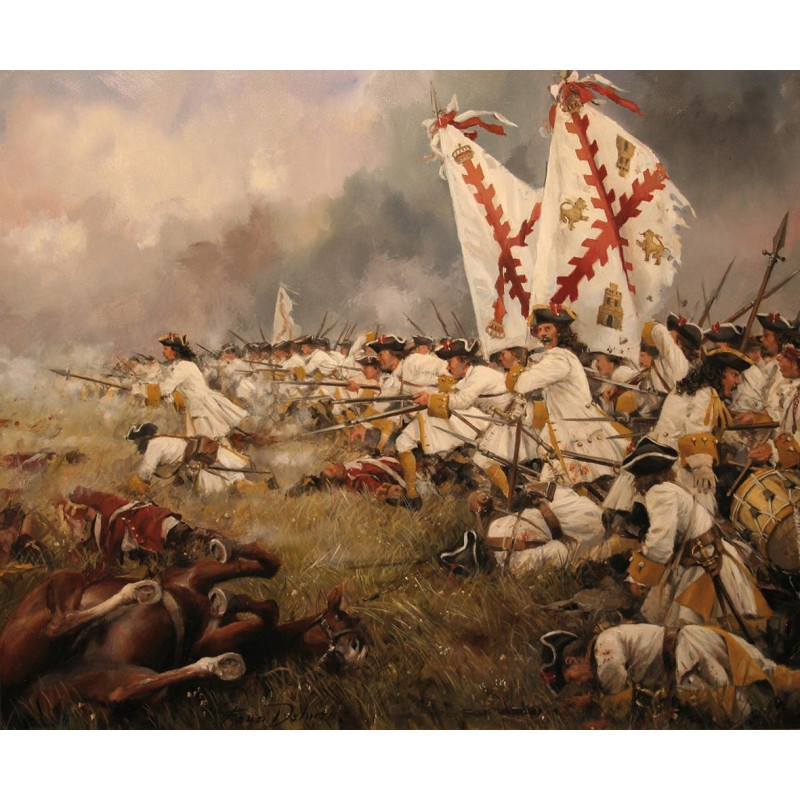Gentilicio de gran bretaña
gentilicio of england
But, in any country in the world, there are ways in which citizens call each other depending on the place where they live. Even from one country to another, it is normal for them to have different ways of connoting the members of their nations. For example, Americans are known as Yankees or Gringos.
Of course, and taking into account the previous example, many of these nicknames, or demonyms, are or were created in an offensive way, but, with the passage of time, they have been taken as a way of referring to the inhabitants of a specific place, even being used as a token of affection.
In the case of the English, we have already mentioned that, being a member country of the United Kingdom, it shares several of the gentilicisms also used to refer to its sister nations, so let’s take a look at these different words, maybe we can help you on your trip to avoid some uncomfortable situations with the locals.
It is widely used in the United States, and is taken in a very good way by a large part of the British population, so much so that they use it among themselves. On the other hand, there are some people who find it offensive, although it is very unlikely that you will encounter any of these individuals on your travels.
united kingdom
Although the United Kingdom, as a sovereign state, is a country, England, Scotland, Wales, and to a lesser extent, Northern Ireland, are also considered to be «the countries», even though they are not sovereign states.[17] The British Prime Minister’s website has used the term «countries within a country» to describe the United Kingdom.[18] The United Kingdom is a country in its own right.
The Modern Age was marked by religious conflicts surrounding the Protestant Reformation, where the introduction of Protestant state churches in each country followed.[29] Wales was fully incorporated into the Kingdom of England,[30] and Ireland was constituted as a kingdom in personal union with the English crown.[31] Within the present-day Northern Irish territory, the lands of the independent Gaelic Catholic nobility were confiscated and given to Protestant settlers from England and Scotland.[32] The British Crown was given the title of the United Kingdom of Great Britain.
Despite restoration of the monarchy in 1660, the interregnum ensured, following the Glorious Revolution (1688) and the 1689 Bill of Rights and the Law of Right Act, that unlike in other European countries, royal absolutism would not prevail, and that a professed Catholic could never accede to the throne. The British constitution would develop on the basis of a constitutional monarchy and a parliamentary system.[38] With the founding of the Royal Society in 1660, the study of science increased markedly. During this period, particularly in England, the development of the English navy – within the context of the so-called «age of discovery») led to the acquisition and liquidation of overseas colonies, particularly in North America.[39][40][41][41][40
denmark ethnicity
Divided into four constituent nations, it is made up of England, Scotland, Wales and Northern Ireland. This organization has a parliamentary monarchy where Elizabeth II is the head of state. In addition, it is important to know that the crown dependencies are not within the territorial organization of the United Kingdom, so these islands are not part of the kingdom.
The official and native language of the British is English. Although British English presents several differences in comparison with American English, this does not make communication between both parties impossible. In addition, it is common to find British natives who speak French perfectly.
gentilicio de spain
Although the United Kingdom, as a sovereign state, is a country, England, Scotland, Wales, and to a lesser extent, Northern Ireland, are also considered to be «the countries», even though they are not sovereign states.[17] The British Prime Minister’s website has used the expression «countries within a country» to describe the United Kingdom.[18] The Modern Age was marked by religious conflicts around the Protestant Reformation, where the introduction of Protestant state churches in each country followed.[19] Wales was incorporated into the United Kingdom in 1870.
The Modern Age was marked by religious conflicts surrounding the Protestant Reformation, where the introduction of Protestant state churches in each country followed.[29] Wales was fully incorporated into the Kingdom of England,[30] and Ireland was constituted as a kingdom in personal union with the English crown.[31] Within the present-day Northern Irish territory, the lands of the independent Gaelic Catholic nobility were confiscated and given to Protestant settlers from England and Scotland.[32] The British Crown was given the title of the United Kingdom of Great Britain.
Despite restoration of the monarchy in 1660, the interregnum ensured, following the Glorious Revolution (1688) and the 1689 Bill of Rights and the Law of Right Act, that unlike in other European countries, royal absolutism would not prevail, and that a professed Catholic could never accede to the throne. The British constitution would develop on the basis of a constitutional monarchy and a parliamentary system.[38] With the founding of the Royal Society in 1660, the study of science increased markedly. During this period, particularly in England, the development of the English navy – within the context of the so-called «age of discovery») led to the acquisition and liquidation of overseas colonies, particularly in North America.[39][40][41][41][40


